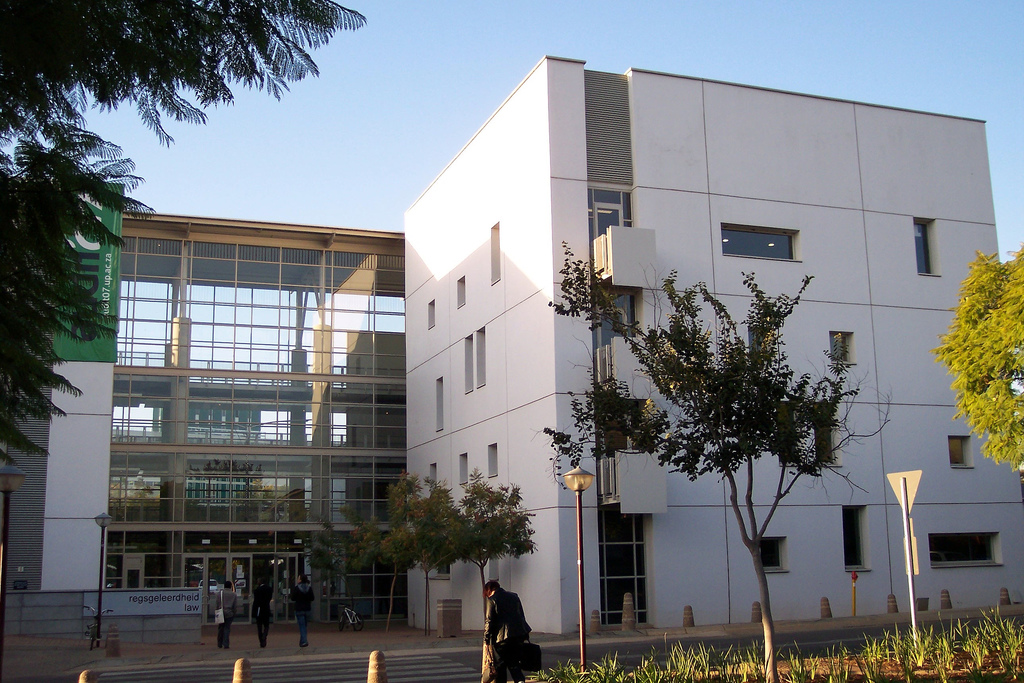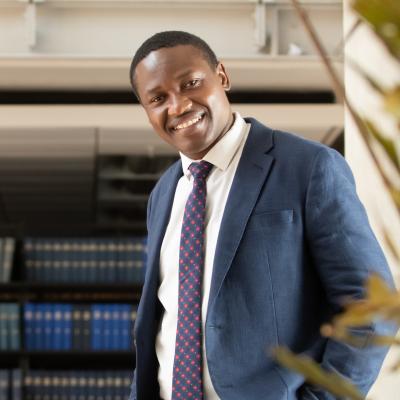Interview C.A. Maimela, Deputy Dean, Faculty of Law, University of Pretoria
---
The Impact Lawyers is publishing a series of interviews with deans of the world's leading law schools. On this occasion, Professor C.A. Maimela, Deputy Dean of the Faculty of Law at the University of Pretoria (South Africa) answers the questions in this interview.
1. What are the main differences between the teaching methods used in law studies at the leading universities in the world that you know of?
Law Faculties due to the pandemic make use of online and hybrid teaching and learning to ensure that students do not miss out in learning during this difficult time. Furthermore, lecturers make use of various teaching strategies like online lectures, powerpoint presentations, online discussion forums among other things with the aim of closing the gaps of face to face delivery to fully online. This is a teaching pedagogy which we are making use of as a faculty and aiming to use going forward post Covid 19.
2. In view of the ongoing legal transformation, do you think that different subjects should be taught, such as management, business management or technological skills?
Definitely. Curriculum transformation calls for an inclusive curriculum in order to address the needs of society in a changing and dynamic society. A curriculum must be reflective of society and offer solutions to the needs of society.
3. In your opinion, is it advisable for law students to specialise in a specific area of law while still at university or, on the contrary, do you think that specialisation is a process that should be followed after graduating?
Law students must be provided with a general overview of the law in order to build a firm and stable foundation as well as understanding of the law. It is from this understanding of the basic and general principles of the law will students consider specializing in a specific field or niche area of the law. After graduating from the undergraduate program is an ideal period.
4. Do you think it is advisable for practising lawyers to form part of the teaching staff at universities, or do you think it is better for university lecturers to devote themselves exclusively to training?
Both. In teaching law, a practical component and training is essential. We also encourage our staff to take up practical training with the aim of ensuring that their teaching is blended of theory and practice.
 Law Faculty of the University of Pretoria
Law Faculty of the University of Pretoria
5. On average, how long does it take for a recent law graduate to find a job in your country?
In our University due to the quality and excellent teaching practice most of our graduates get work on their first year of graduation. We encourage those who do not find work during the first year of graduating to pursue postgraduate studies in order to broaden their knowledge, skills and chances of getting a better opportunity to work in the near future.
6. In your opinion, which legal systems are more effective, those based on "Common Law" or those based on the influence of “Civil Law”?
Both and in the South African context, the development of African Customary law is a necessity and very important in a diverse population like South Africa and has proven to be effective in resolving conflicts.
7. What sanctions are imposed on students caught cheating at your university?
Students who are caught cheating or who have plagiarised work are provided with severe sanctions of suspension and expulsion from the University. This is because as a University we have a zero tolerance for plagiarism and we aim to protect the integrity and standard of our qualifications which are ranked very high locally and internationally.
8. Finally, how would you define the principle of equity?
Equality means we might be different but we are equal before God and the law. Equality is blind and puts humanity in the same position irrespective of where they come from or who they are.
Related links
Main menu






